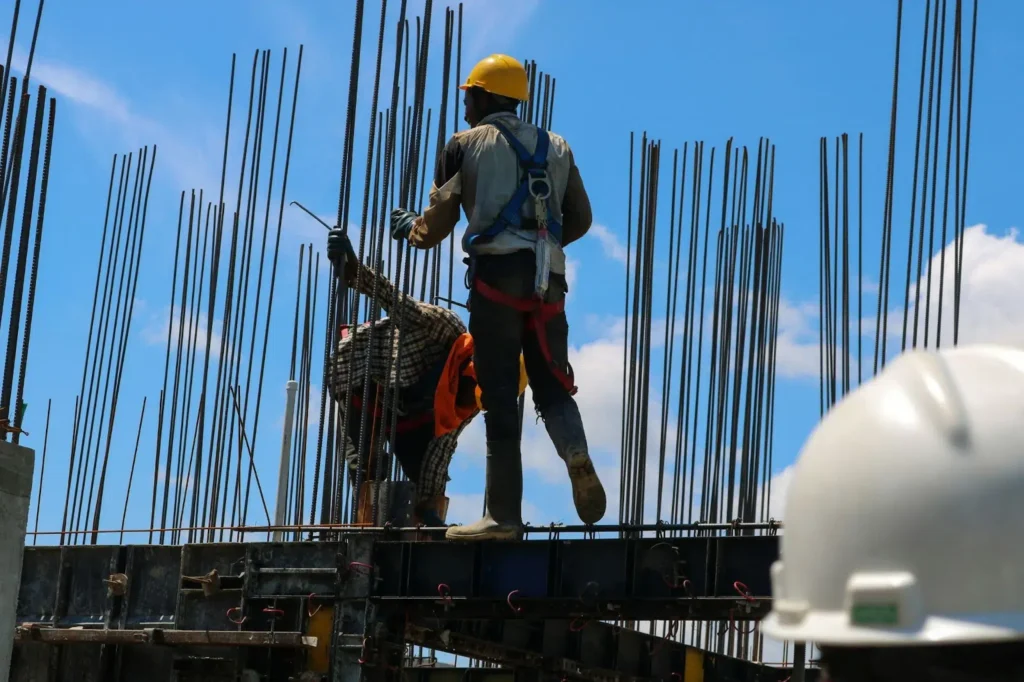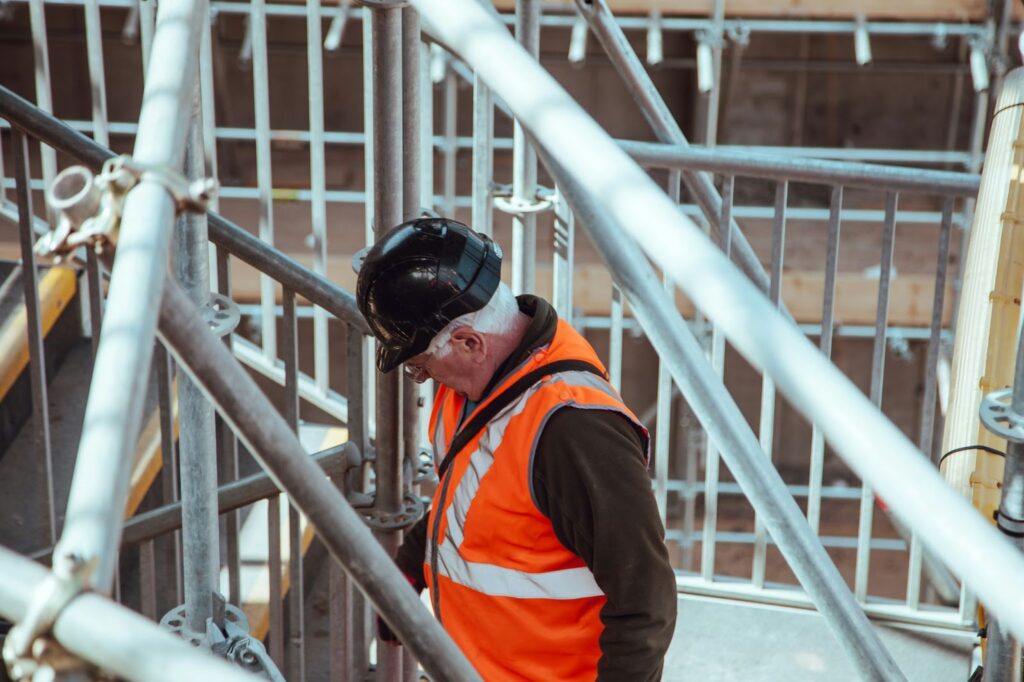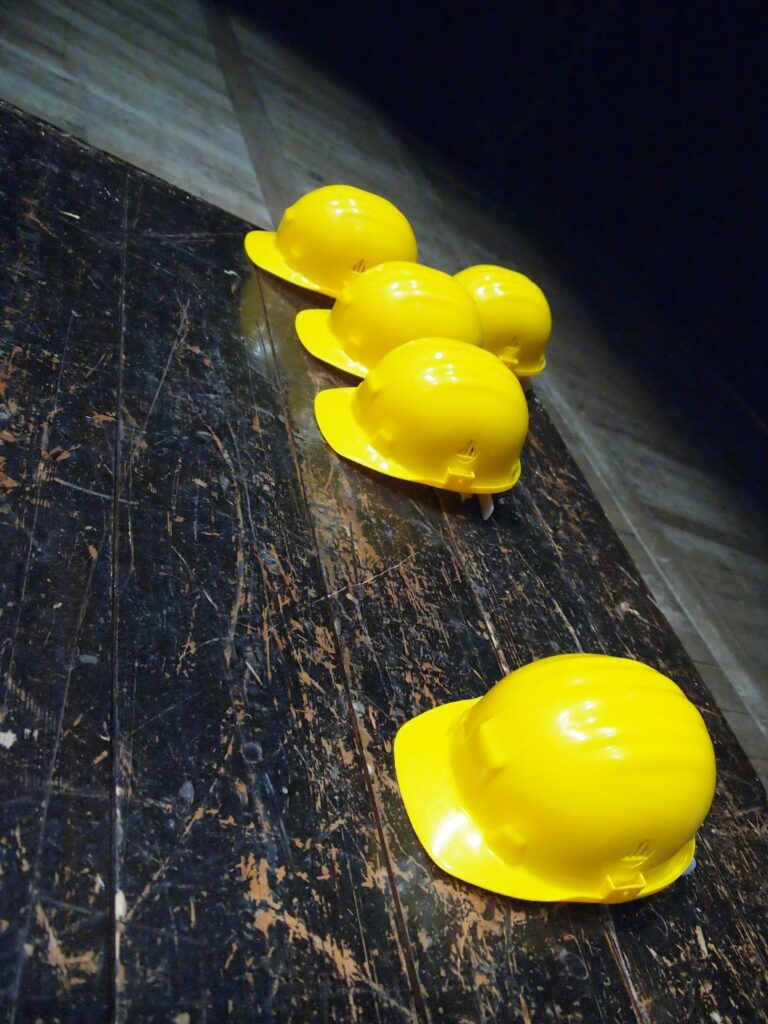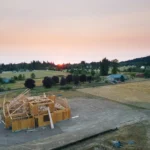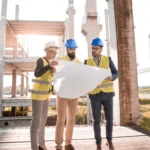Navigating the commercial construction process in Snellville requires careful planning and strategic execution.
Whether you are a business owner considering a new build or a developer embarking on a large-scale project, understanding the different phases of construction is vital.
Snellville, a charming city in Georgia known for its vibrant community and growing economy, offers a promising landscape for commercial construction projects.
From modern office buildings to retail spaces, the city’s construction industry is bustling with opportunities for growth and development.
Preconstruction Planning
The preconstruction phase involves extensive planning and preparation before breaking ground.
It includes securing financing, obtaining permits, conducting feasibility studies, and developing a detailed commericial building plan in Snellville.
Collaboration between architects, engineers, contractors, and stakeholders is crucial during this phase.
During the preconstruction phase, stakeholders may also focus on sustainability initiatives, incorporating eco-friendly design elements and energy-efficient systems into the project.
This proactive approach not only benefits the environment but also enhances the long-term operational efficiency and cost-effectiveness of the commercial building.
Construction Phase
The construction phase is when the project comes to life. It involves site excavation, foundation construction, erecting the building’s structure, and installing utilities and systems.
This phase requires close coordination between various contractors and adherence to project timelines and quality standards.
As construction progresses, project managers in Snellville may implement innovative construction techniques and materials to ensure the durability and longevity of the commercial structure.
Embracing cutting-edge technology and sustainable practices can elevate the construction process, resulting in a high-quality and resilient building that meets the needs of modern businesses.
Post-construction Phase
After the construction is complete, the postconstruction phase involves inspections, obtaining building occupancy permits, and addressing any remaining tasks or issues required by city of Snellville.
This phase ensures that the building meets regulatory requirements and is ready for occupancy. It may also involve interior finishes, landscaping, and other final touches.
Furthermore, the postconstruction phase presents an opportunity for stakeholders to celebrate the successful completion of the project and showcase the innovative design features and construction techniques employed.
Open houses and community events can help promote the new commercial space and establish strong relationships with potential tenants and clients, contributing to the overall success of the development.
Check out: Commercial Construction In Smyrna, GA

